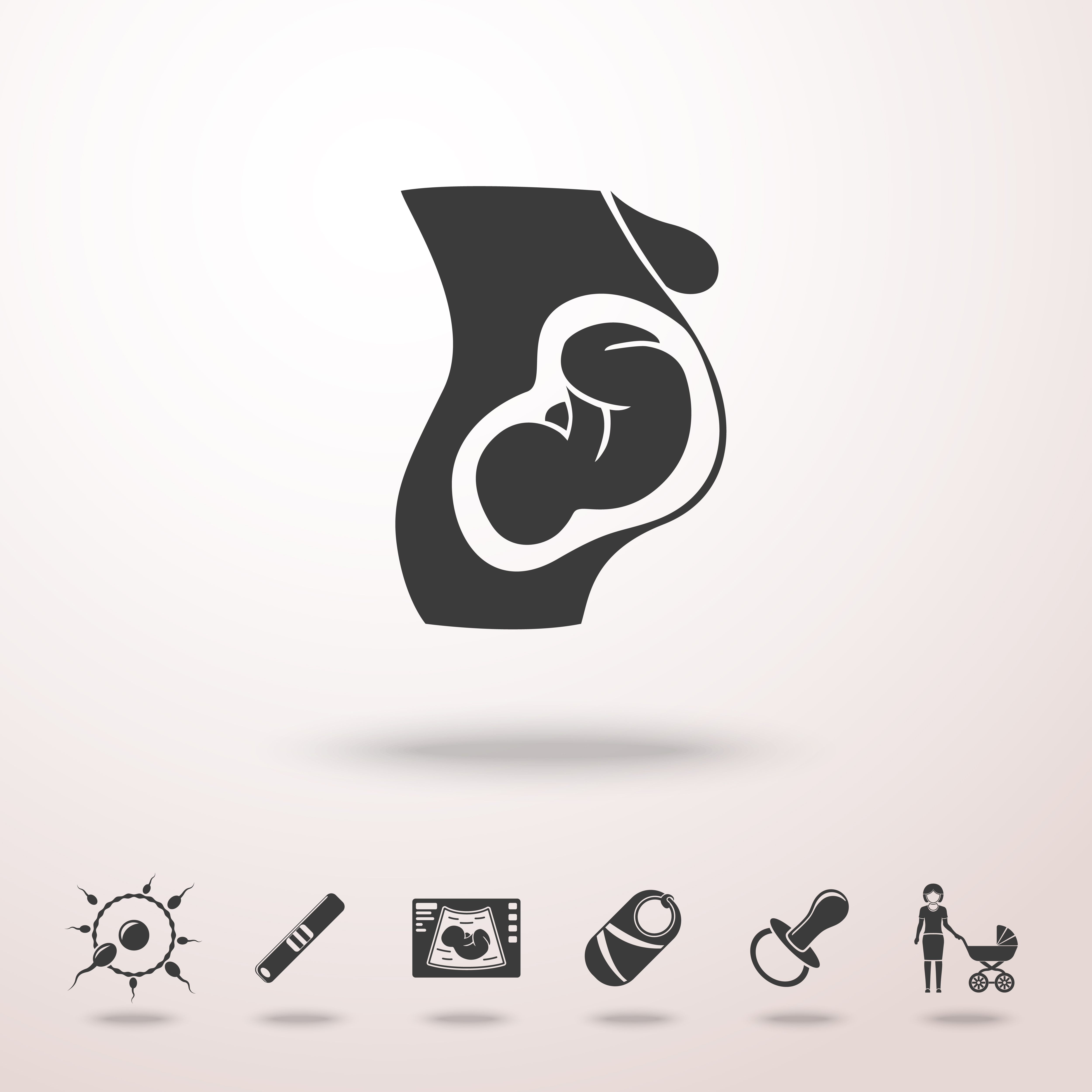Female Fertility Issues in Cystic Fibrosis Highlighted in New Study
Written by |

Assistant Professor Sigrid Ladores, PhD, from the School of Nursing, University of Alabama at Birmingham, and doctoral student Leigh Ann Bray are developing a study entitled “Female Fertility in the Age of New CFTR-Modulating Drugs.” The main focus of the research study will be to assess female patients’ understanding of fertility, cystic fibrosis’ (CF) effect on women’s fertility and how new generation drugs such as Orkambi™ influence fertility rates among cystic fibrosis female patients.
One of the side effects of CF in women who are of childbearing age is reproductive health difficulties caused by the abnormal production of thick mucus — a characteristic of CF — that also affects women’s cervix functioning and fertilization events. With the recent advancements in personalized drug research and approval, new medicines such as Orkambi (ivacaftor/lumacaftor) and KALYDECO (ivacaftor), which target the genetic cause of the disease instead of symptom management, have significantly improved the efficacy of therapy, and both longevity and quality of life are rising among CF patients. While these advancements represent hopeful and exciting news for those with CF, the new therapies have also resulted in the rising phenomenon of unplanned pregnancies among CF patients.
While fertility rates in CF are not extensively studied, registered pregnancies have risen from 116 in 1992 to 257 in 2013, a number that has increased steadily since the 1990s, according to 2013 CFF (Cystic Fibrosis Foundation) Annual Data Report. Dr. Ladores points to two probable causes for these rising statistics. “Compare that with the average non-CF women in this country where 65 percent of them do use some kind of birth control,” she said in a press release, pointing to the recent study that stated less than 50% of CF female patients use birth control. “The thinking of these women is ‘I’m not going to get pregnant anyway so why do I have to use it?’ So we’re seeing more and more of these women getting pregnant because they are not using barriers.” At the same time, Dr. Ladores continued, “This new drug, Orkambi, can interfere with how effective their birth control pills can be and potentially improve their fertility. It can be double trouble.”
The research study will compare answers from a demographic form and two surveys measuring general and CF fertility knowledge in 10 women with CF and 10 women who do not have the disease. The researchers aim to discover if patients are as well informed as the general population about birth control, and if they are aware of medication’s effect, specifically Orkambi, on their own fertility.
Dr. Ladores, who has a personal connection to this subject as her husband is a CF patient and their family experienced fertility problems, hopes to help struggling couples by bringing the discussion of fertility in CF into the spotlight. “We are just beyond blessed because we know that there are many couples out there who, despite thousands and thousands of dollars they’ve invested in fertility treatments and years of waiting for that baby, the day never comes. So there is a personal connection in this for me because I want to help them any way I can,” she concluded.






